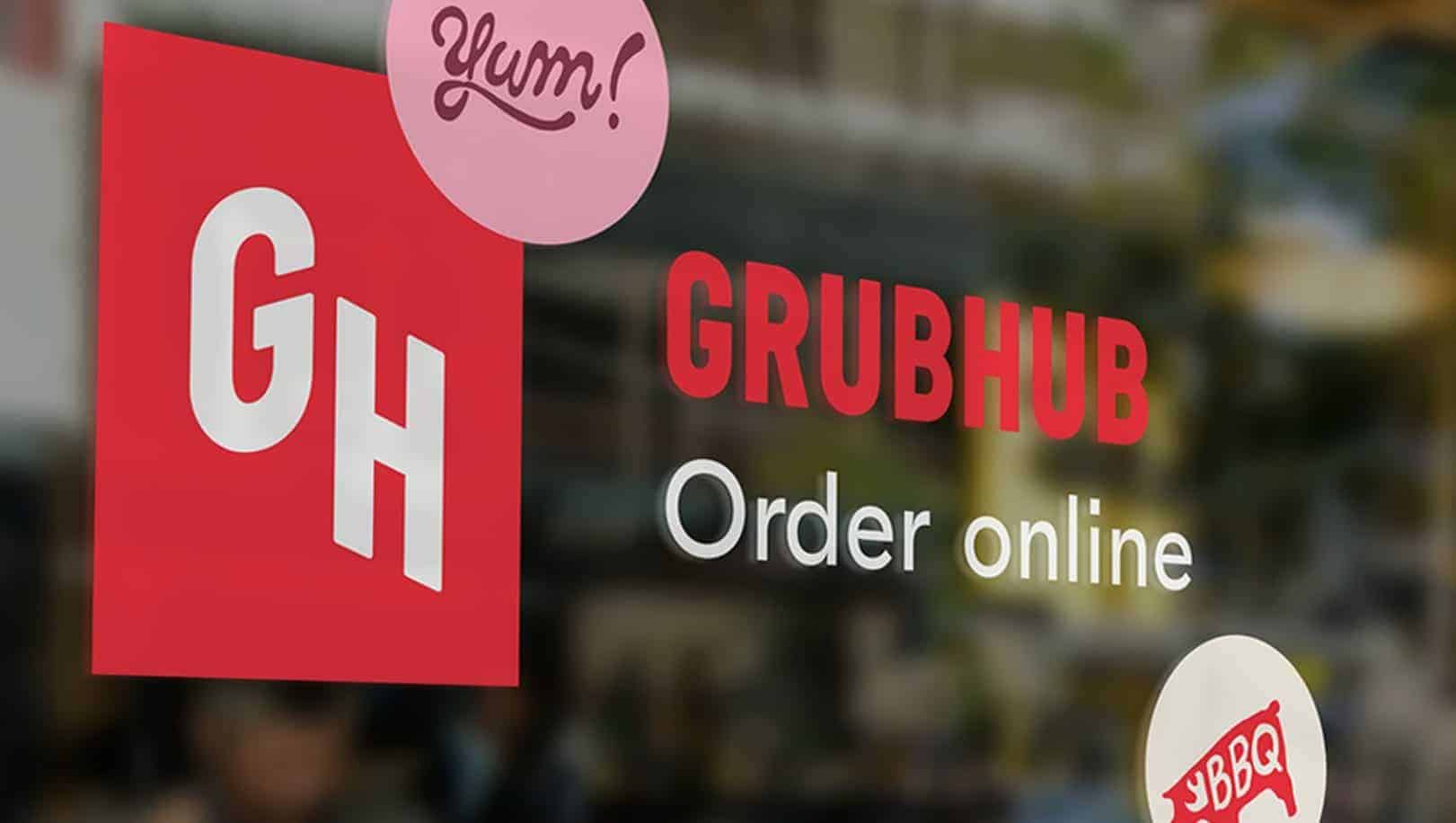AI
Grubhub is creating fake restaurant websites to exploit the actual restaurants it delivers for
Another tech company that luvs 2 screw its clients over.

Just a heads up, if you buy something through our links, we may get a small share of the sale. It’s one of the ways we keep the lights on here. Click here for more.
GrubHub is run by some dirty motherf*ckers – at least, if this new report by the New Food Economy is to be believed.
According to the report, the delivery service has purchased nearly 25,000 domains of restaurant names across the country – called “shadow sites” – in an effort to not only convince customers that they are ordering from the restaurant’s actual site, but subsequently charge those restaurants a commission fee when those orders are placed.
But wait, it gets worse
A recently filed lawsuit by a Philadelphia restaurant owner claims that GrubHub is charging restaurants for orders made over the phone, if that phone number is found through one of the company’s dummy sites. GrubHub apparently has a way of flagging these calls made through its websites as an order, and is even charging commissions fees for phone calls about mere inquiries, the suit claims.
Beyond being an incredibly messed up way of doing business, GrubHub might actually be committing trademark infringement on the restaurants they’re preying on.
https://twitter.com/socializ3r/status/1144739243689857024?ref_src=twsrc%5Etfw%7Ctwcamp%5Etweetembed%7Ctwterm%5E1144739243689857024&ref_url=https%3A%2F%2Fwww.dailydot.com%2Firl%2Fgrubhub-restaurant-websites%2F
The lawsuit highlights an ongoing concern about the often backward power dynamic that exists between distributors and creators
Tech companies like GrubHub, Facebook, and the like cannot exist without the businesses and people they essentially traffic in, yet time and time again we hear stories of them using their power to nickel and dime us at every turn. It’s the fossil fuel industry, only the resources being exploited are actual goddamn people and the businesses they operate.
“We stopped ordering from these services after the owner of a contest Chinese restaurant said she can’t afford to pay the commissions and won’t get enough business if she doesn’t,” wrote a former user on Twitter. “They’re a scam so tech jerks can skim off yet another industry while providing little to no value.”
GrubHub has, of course, denied these accusations
In a statement sent to the New Food Economy, the company fired back using the primary weapon of most new-age tech sites: semantics.
“Grubhub has never cybersquatted, which is identified by ICANN as ‘generally bad faith registration of another person’s trademark in a domain name,’” the statement said. “As a service to our restaurants, we have created microsites for them as another source of orders and to increase their online brand presence. Additionally, we have registered domains on their behalf, consistent with our restaurant contracts.”
You see? All the accusations are true, but GrubHub didn’t do it in “bad faith.” It just created a bunch of microsites (that almost certainly appear before the restaurants’ actual sites on Google) to “increase brand presence.” It’s different because they used different buzzwords!
What do you think? Is GrubHub in the wrong here or is what they are doing ok? Let us know down below in the comments or carry the discussion over to our Twitter or Facebook.
Editors’ Recommendations:
- It is now illegal to distribute deepfake revenge porn in Virginia
- Amazon’s latest PR stunt involved fake packages and a failed sting operation
- Dick Pic Attack is another “prank” app that is just as awful as it sounds
- Facebook wants to fight fake news going into the 2020 census





























